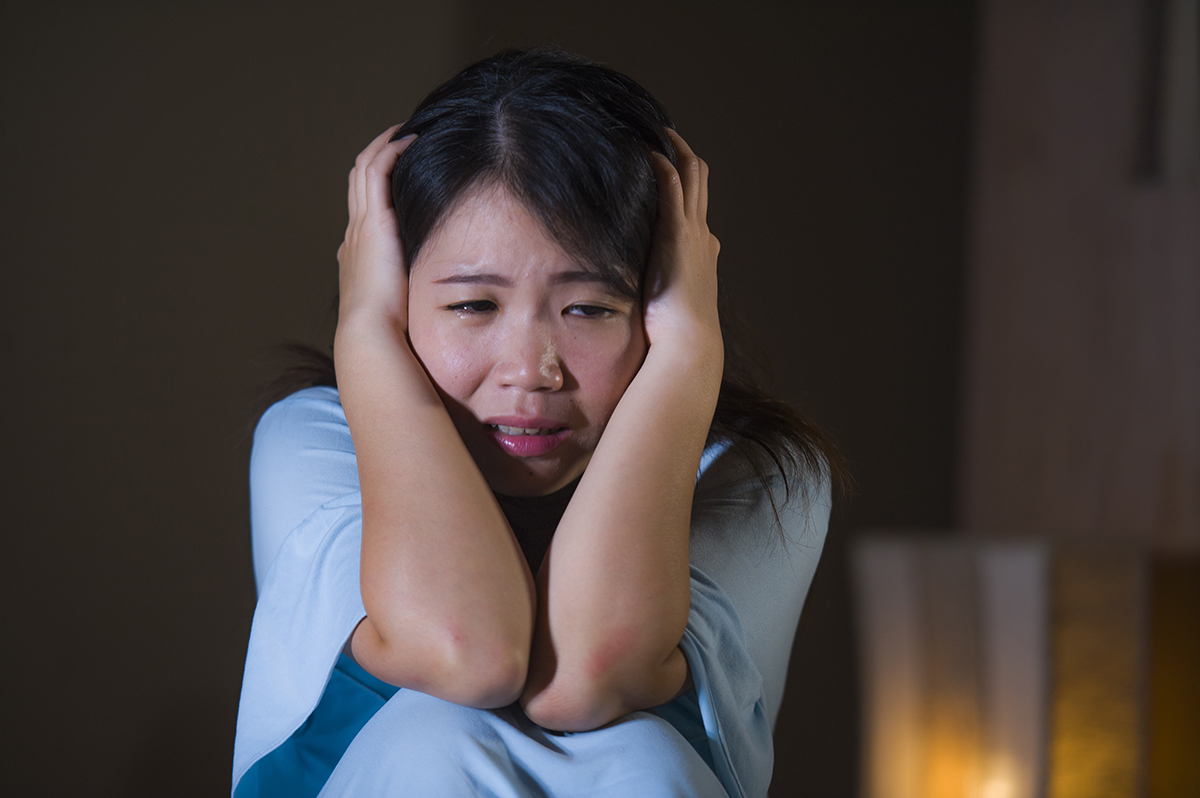Psychosis is a mental health symptom that causes a break from reality. Because it alters the way your brain processes information, this condition can induce hallucinations or make you believe unrealistic things.
While psychotic episodes are characteristic of illnesses like schizophrenia, extreme stress and trauma can also trigger psychosis, and so can substance abuse. How can you recognize psychotic symptoms, and what drugs can lead to this condition?
Psychotic Symptoms
Usually, psychosis begins with minor changes in your thoughts and perception and gradually worsens if left untreated.
You might notice warning signs like these:
- Difficulty concentrating or making decisions
- Withdrawing from friends and family
- Having stronger emotions than the situation calls for, or being completely emotionless
- Lack of motivation to take good care of yourself
- Hearing, seeing or feeling things others do not
- Having unusual, irrational beliefs or intrusive thoughts
- Being distrustful of people
- Imparting a significant meaning to seemingly minor events
What Is Drug-Induced Psychosis?
While drug abuse can worsen the symptoms of existing mental health disorders like bipolar and schizophrenia, any substance that alters your brain chemistry can also trigger psychotic episodes. You may experience drug-induced psychosis if you take too much of a specific drug, experiment with combining various substances or as a withdrawal symptom when you try to quit using.
Drug-induced psychosis usually only lasts until the substance has fully cleared your brain and body, which means your symptoms’ severity might increase in tandem with heavier doses. Drug detox is the first step in ending your physical and psychological reliance on addictive substances and regaining control over your life.
What Drugs Can Cause Psychosis?
Some prescription drugs that may cause psychosis include muscle relaxers, antidepressants and high blood pressure medications. If you experience any psychotic symptoms when taking your medicine as prescribed, contact a doctor immediately. Your physician can advise you whether to stop using a specific medication and prescribe you an alternative that may have less risky side effects.
Illicit substances associated with drug-induced psychosis include cocaine and meth. These drugs tend to produce persecutory delusions, which may give you the irrational belief that other people are after you or out to get you. Some research also suggests a link between marijuana and psychosis, particularly among people who use the high-THC products that are increasingly available today.
Alcohol is another drug that can lead to psychosis-like symptoms such as delusions and hallucinations, especially with the severe withdrawal phenomenon known as delirium tremens.
Long Beach Addiction and Mental Health Treatment
In many cases, mental illnesses and substance abuse go hand in hand. Instead of trying to identify which came first, a dual-diagnosis treatment plan can simultaneously address both issues. At New Found Life, we provide a safe, healthy environment for adults who need compassionate support to begin recovering their equilibrium and well-being.
To learn more about what sets us apart and explore our complete continuum of care, please reach out to us whenever you’re ready. We understand it can be challenging to admit you have a problem you can’t solve by yourself, but we are here to take your call 24/7.

